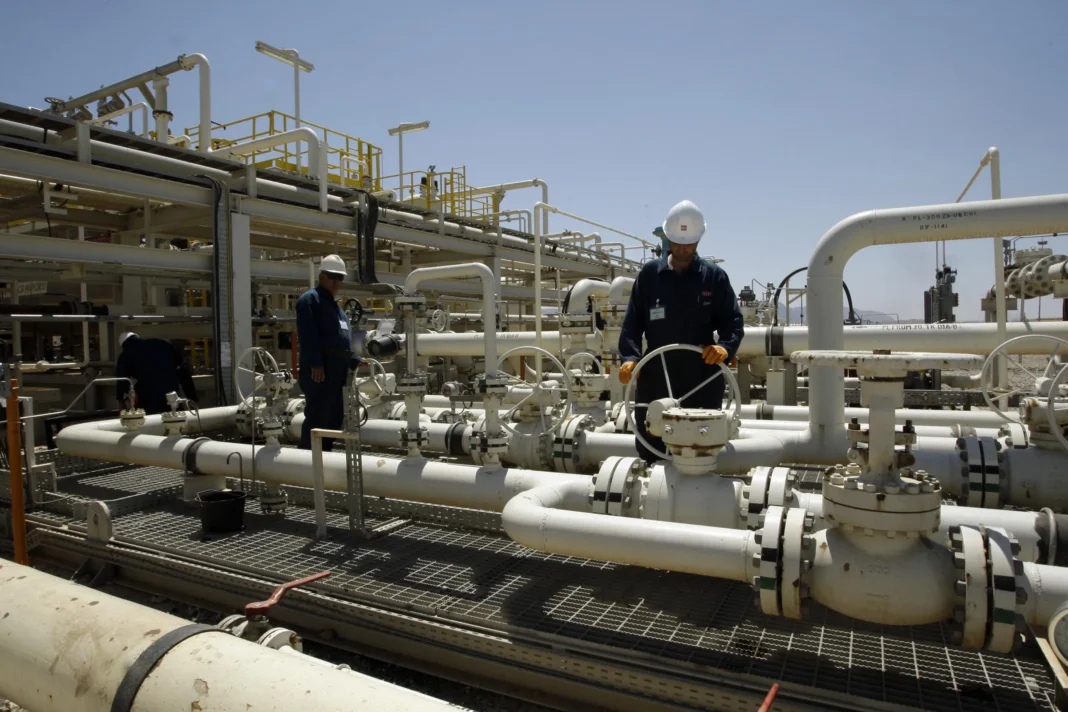Kurdistan oil export talks are gaining momentum as oil companies show readiness to restart crude shipments through Turkey. Firms operating in the Kurdistan Region of Iraq are eager to resume exports via the Ceyhan port, pending a final deal between Erbil and Baghdad.
Additionally, the Association of the Petroleum Industry of Kurdistan (APIKUR) recently confirmed it is fully prepared to restart oil flows. The group stated that once a deal is in place, exports could begin immediately.
Meanwhile, international companies support the ongoing discussions between the Kurdistan Regional Government (KRG) and Iraq’s federal authorities. These talks aim to settle key issues and restore oil exports through the Iraq-Turkey pipeline, which halted in 2023.
In a recent development, APIKUR representatives met on July 12 with officials from Baghdad, the KRG, and foreign oil companies. Discussions focused on removing technical obstacles and moving exports forward.
Previously, Iraqi Foreign Minister Fuad Hussein noted that Baghdad is working closely with the KRG. Their joint goal is to address technical concerns and reopen the export route, which has remained idle for over two years.
Furthermore, the suspension has severely impacted Iraq’s finances. The halt in shipments has cost the country nearly $19 billion in lost revenue. Restarting exports would restore critical income and boost regional cooperation.
Significantly, oil exports stopped after a legal ruling in March 2023. The International Chamber of Commerce (ICC) in Paris ruled that Turkey violated a 1973 agreement. It allowed exports without Baghdad’s permission between 2014 and 2018.
As a result, Turkey must pay Iraq $1.5 billion in damages. Now, all sides must resolve remaining legal and technical hurdles to restart flows.
Clearly, the Kurdistan oil export talks are central to Iraq’s energy future. Both local and global partners support reaching a final agreement.
Ultimately, progress on these Kurdistan oil export talks may restore stability and strengthen the country’s role in global oil markets.



